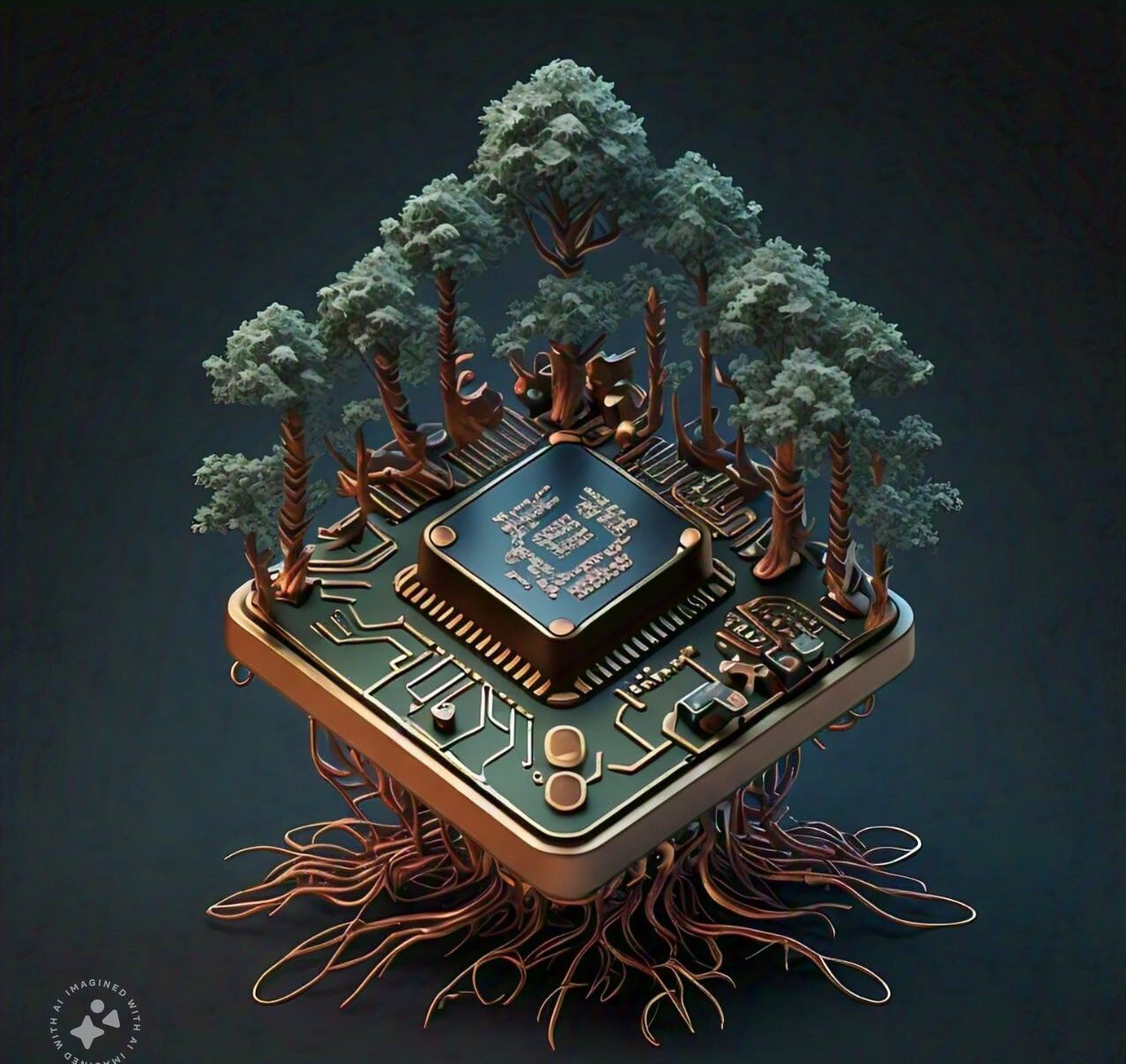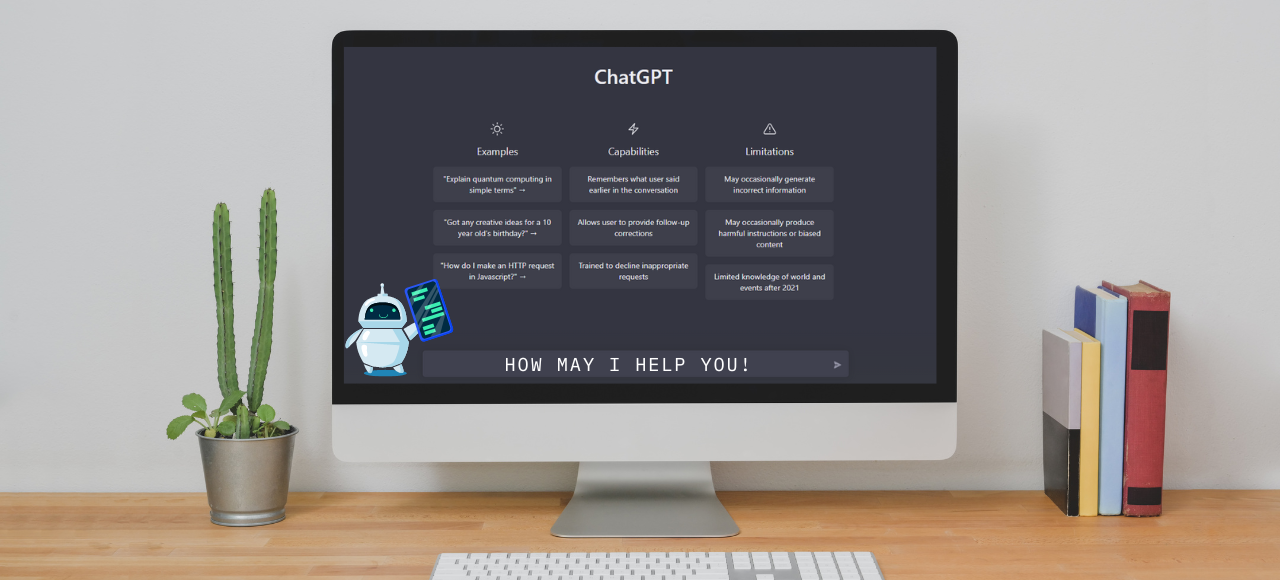As technology continues to advance, we are seeing more and more innovations that have the potential to revolutionize the way we live our lives. The more data AI systems have to learn from, the more accurate and effective they can be. This has led to the development of data-driven AI systems that are able to make predictions and decisions based on patterns and trends in data. One of the most exciting developments in this regard is ChatGPT (Generative Pre-trained Transformer), this new kid on the block! is a virtual assistant that allows users to engage in natural language conversations with a computer or device.
Based on the powerful GPT-3 language model developed by OpenAI, a research organization that conducts research in artificial intelligence and machine learning. GPT was developed by a team of researchers at OpenAI and was first introduced in a paper published in 2018. Since its release, GPT has been widely used for a variety of tasks. It is capable of understanding and interpreting a wide range of questions and prompts, making it possible for users to communicate with it in a way that feels natural and intuitive. It has also been used to generate news, articles, stories, and other types of written content.
So, what exactly does ChatGPT have to offer, and how could it revolutionize everyday living?
Here are just a few of the ways in which ChatGPT could change the way we live and work:
- Virtual customer service: ChatGPT’s ability to understand context and meaning in language allows it to provide more accurate and helpful responses to user queries thus it could be used to handle a high volume of customer inquiries in a fast and efficient manner, providing accurate and helpful responses to a wide range of questions and requests. This could save businesses time and resources, while improving the overall customer experience.
- Virtual personal assistant: ChatGPT could be used as a personal assistant, helping people manage their schedules, make appointments, and complete tasks by understanding and interpreting their requests in natural language. This could free up more time for people to focus on other important tasks and activities.
- Educational tool: ChatGPT could be used in the education sector to provide personalized learning experiences for students, creating customized lesson plans and learning materials based on their individual needs and abilities. This could make education more accessible and effective for a wide range of learners.
- Language translation: ChatGPT could be used to translate conversations between people speaking different languages in real-time, making it easier for people to communicate with each other across linguistic barriers. This could have a major impact on international business and communication.
- Online shopping assistant: ChatGPT could be integrated into online shopping platforms to provide personalized product recommendations and assistance with the purchase process, helping customers find the products they need quickly and easily. This could make online shopping more convenient and enjoyable for consumers.
While the aforementioned use cases make the future of ChatGPT look bright, however it does come with its own set of negative aspects which are essential to keep in mind before employing them in technology landscape.
Here are few potential negative aspects to consider when using ChatGPT or other language models:
- Bias: Language models can sometimes produce biased output due to the data they are trained on. It is important to be aware of this potential issue and take steps to mitigate it.
- Misuse: GPT and other language models can be used to generate harmful or misleading content, such as fake news or spam. It is important to use these tools responsibly and with awareness of their potential to be misused.
- Dependency: Over reliance on language models for tasks like language translation or content generation could lead to a loss of human skills and expertise in these areas.
- Privacy concerns: Some people may be concerned about the data that language models use and how it is collected and used. It is important to consider these concerns and take steps to protect user privacy.
- Lack of personalization: Chatbots are designed to handle a large number of conversations simultaneously, so they may not be able to provide the same level of personalization as a human. This can lead to a less satisfying user experience.
It’s important to keep these potential negative effects in mind when using chatbots and to use them in a way that maximizes their benefits while minimizing any negative consequences.
In conclusion, ChatGPT has the potential to revolutionize everyday living in a number of different ways. Whether you are a business owner looking to improve customer service, a busy person looking for a personal assistant, or someone looking to learn a new language, ChatGPT could be the key to making your life easier and more efficient. With its natural language processing capabilities and ability to understand and interpret complex and nuanced language, ChatGPT represents the future of natural language interactions and is well worth exploring for anyone looking to take advantage of the latest technological innovations.

